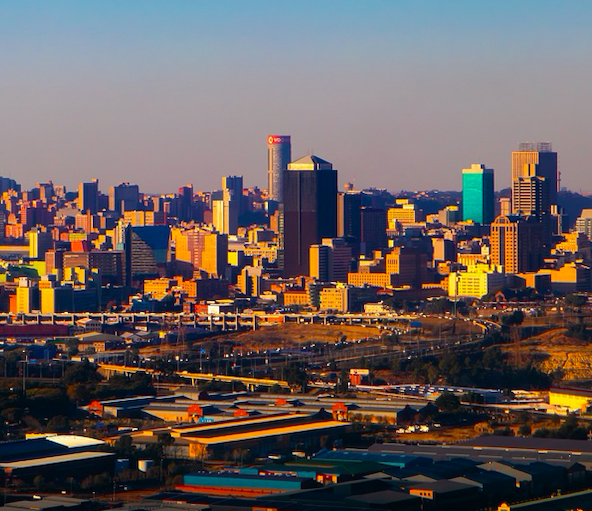Cape Town – Gauteng is facing a serious financial crisis, with Finance MEC Lebogang Maile warning that the province could experience a liquidity crisis if resources are not used efficiently.
Presenting the Medium-Term Expenditure Framework (MTEF) Budget on 18 March 2025, Maile revealed that despite Gauteng’s R527.2 billion budget for the next three years, severe financial strain persists.
To curb the deficit, he proposed compulsory budget cuts across all departments.
#GPBudget2025 | 2025 MTEF Budget was prepared in a tight fiscal environment that requires all of us to manage our finances in a prudent and sustainable way, while ensuring the provision of basic services to the people of Gauteng. #GrowingGautengTogether pic.twitter.com/9V8QMlgLIt
— Gauteng Provincial Gov (@GautengProvince) March 18, 2025
The province’s net cash balance is projected to turn negative by the 2025/26 financial year, threatening essential services.
“Liquidity pressures are escalating, with net cash balances projected to turn negative by the 2025/26 financial year,” Maile said, according to Daily Investor.
“Failure to act decisively – through expenditure oversight, keeping the overall wage bill under control and exploring alternative funding models – will risk deepening the liquidity crisis,” said Maile.
Gauteng, which contributes nearly 40% to South Africa’s GDP, is already struggling with high unemployment, crime, deteriorating infrastructure, and R20 billion in debt from the failed e-toll system.
During his speech, Maile announced that the over R500 billion budget would be allocated to various provincial departments as Gauteng aims to drive economic growth.
“The 2025 MTEF Budget for the Gauteng Provincial Government that we are tabling today amounts to over half a trillion rand, R527.2 billion to be precise, over the medium term. It grows at an annual average of 3% from R171.5 billion in 2025/26 to R175.1 billion in 2026/27 before reaching R180.5 billion in 2027/28,” he said.
Department allocations and e-toll deby burden
The Gauteng Department of Education received the largest allocation at R69.4 billion, followed closely by the Department of Health with R66 billion. Other key allocations include:
- Social Development – R6.5 billion
- Cooperative Governance, Traditional Affairs, and Urban Planning – R661.4 million
- Roads and Transport – R9.7 billion
- Sports, Arts, and Culture – R1 billion
- Provincial Treasury – R787.8 million
- Environment – R611.4 million
- Infrastructure Development – R3.6 billion
- E-Government – R1.5 billion
- Community Safety – R2.4 billion
- Human Settlements – R5.8 billion
Despite these allocations, Gauteng remains saddled with R20 billion in e-toll debt, which was scrapped in 2024. The province paid R3.8 billion toward this debt in September 2024 and will allocate an additional R5 billion in the current budget cycle.
Gauteng head of Treasury Ncumia Mnyani stressed the need for the province to maintain financial reserves despite these obligations.
“E-tolls has had a dent on our reserves as a province, hence we are looking at other avenues in terms of how do we augment our fiscus. At the same time, we can’t be a responsible Treasury [if] after we table this budget, we have zero cents in our bank account. We need to have reserves because emergencies erupt, and we would have to respond,” Mnyani said, according to EWN.
Gauteng under scrutiny ahead of G20 summit
Beyond financial mismanagement, Gauteng is under scrutiny ahead of the G20 Summit in November.
President Cyril Ramaphosa has urged provincial officials to urgently address failing infrastructure, water shortages, and rampant crime.
Johannesburg, Gauteng’s largest city, exemplifies this decline, with crumbling roads, water crises, and political instability.
Experts warn that municipal mismanagement, worsened by frequent leadership changes, has stalled progress and opened the door to corruption.
The city’s water crisis has been looming for years, with little maintenance of infrastructure and minimal planning to meet growing demand.
Follow African Insider on Facebook, Twitter and Instagram
Picture: Pixabay
For more African news, visit Africaninsider.com
Compiled by Matthew Petersen


